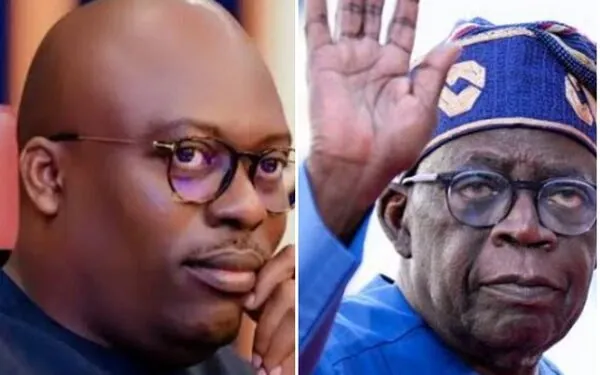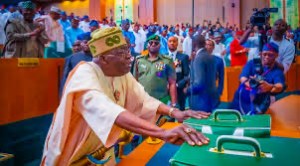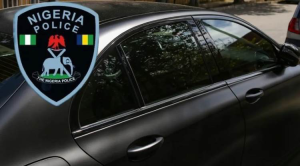
A registered voter in Rivers State, Nigeria, Daniel Wariboko, has filed a lawsuit against President Bola Tinubu, the National Assembly, and the Attorney General of the Federation (AGF) over the removal of Governor Siminalayi Fubara, his deputy, and the state’s House of Assembly members following the declaration of a state of emergency.
The suit, marked FHC/CS/550/2025, was lodged at the Federal High Court in Abuja on March 20, 2025. The President of the Senate, the Speaker of the House of Representatives, the National Assembly, and the AGF are listed as co-defendants in the case.
Wariboko, suing on behalf of himself and other registered voters in Rivers State, is asking the court to determine whether a dispute between a state governor and the House of Assembly justifies declaring a state of emergency under Section 305 of the 1999 Constitution (as amended).
He is also seeking a ruling on whether the President has the legal authority to suspend an elected governor and legislature or appoint a sole administrator to govern a state when a democratically elected government is in place.
Another key issue raised in the suit is whether the March 18, 2025, proclamation of emergency rule in Rivers State by President Tinubu is unconstitutional, null, and void. Wariboko contends that the suspension of the elected government violates the rights of citizens to participate in governance, as guaranteed under Article 13 of the African Charter on Human and Peoples’ Rights (Ratification and Enforcement) Act.
The plaintiff is asking the court to:
Declare the state of emergency and the removal of Rivers State’s elected officials unconstitutional.
Nullify the appointment of a sole administrator for the state.
Restrain the National Assembly from ratifying the suspension of the executive and legislative arms of government in Rivers State.
Order the immediate restoration of Governor Fubara, his deputy, and the House of Assembly members, who were sworn in on May 29, 2023, and June 10, 2023, respectively.
The case has sparked significant political and legal debate, with critics arguing that the federal government’s intervention undermines democratic governance and state autonomy. The National Assembly recently approved the emergency rule in Rivers, despite opposition from some political figures and civil rights groups.






